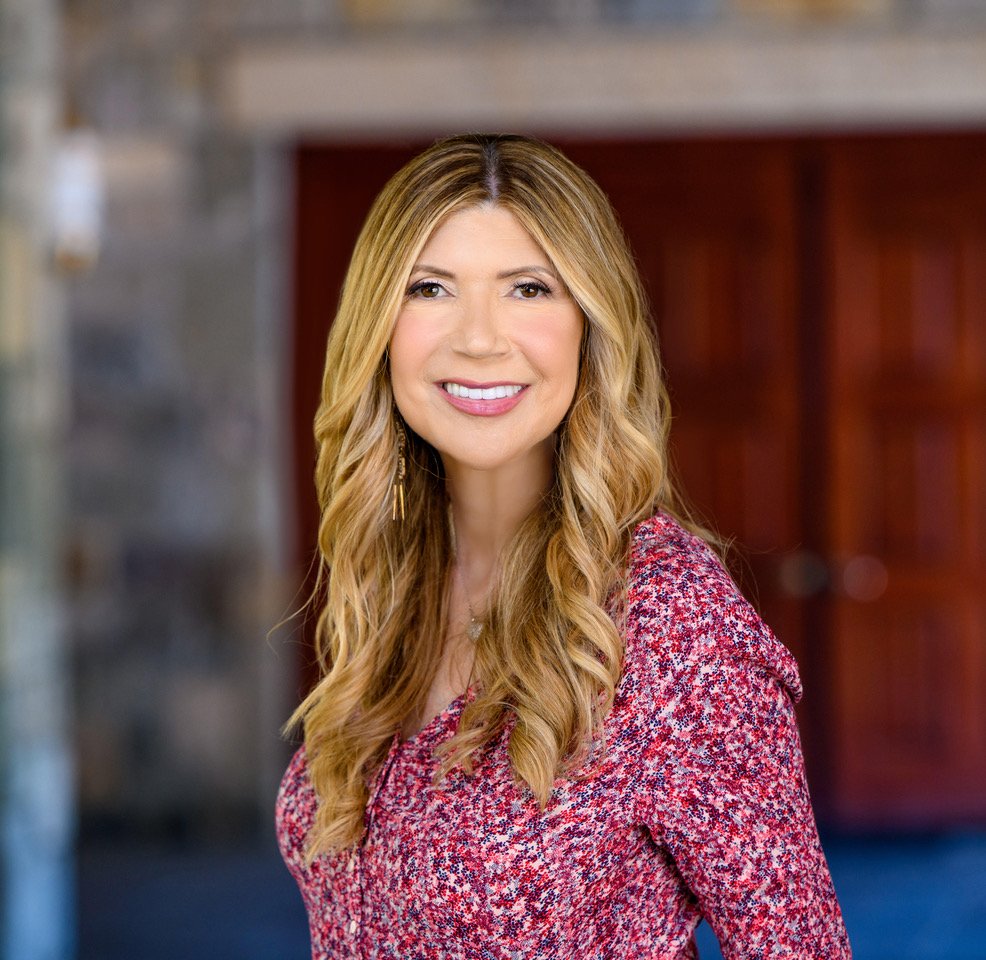Finding and Honing Your Voice
By: Estelle Erasmus
author of Writing That Gets Noticed
It took me a long time to find my voice. Not my singing voice — my writer’s voice. Yes, I was a magazine editor and wrote columns and articles for the magazines I worked for, as well as other publications, but mostly I approached my work in a journalistic way, keeping my own voice out of my writing.
Of all the journalistic pieces I had written during my career, none of them had showcased my own voice. But I had written an essay about my daughter when she was eighteen months old, taking center stage at a Mommy-and-me reading group at the library. Defying the dictates of sitting and being quiet, she stood up and danced. I expected her performance to make people feel angry, but her joyful dancing captivated them, making me ponder my own possibilities and wishing I could feel as unconcerned about my effect on others.
For the first time, I wrote without thinking of a reader or an audience. I wrote just for myself.
A week later, I was invited to join the show.
Here is a passage from my essay “And She Danced,” which showed my voice for the first time and gave life to my emotions.
I watched my daughter spin around the floor in reckless abandon, her feet moving in a wild motion, to some music in her mind. The music first carried her toward the other mothers and children and then away; I felt her palpable joy. I worried that the other moms would resent my child’s insistence on taking center stage, but I saw smiles on their faces instead of the disapproving frowns I feared. I marveled at the wonder that is my daughter as she moved. She acted so clearly in the moment. No worries, fears or thoughts for the future interfered with her actions.
I found my voice, and you can find yours, too.
A Voice Is Like a Song
The key to getting your writing noticed is to develop your voice. Like the voice of a great singer, a writer’s voice has its own character and energy. Think about it: you can always tell when Rhianna, Kelly Clarkson, or Barbra Streisand is singing just from listening to the first few notes.
A writer’s voice is like music, too. It creates mood and gets attention. And, like a fingerprint, it is yours only. It shows your personality, your wit, your idiosyncrasies, and your way with words. It reflects the way you view the world, offering the reader a combo platter of your experiences, attitude, approach, and favorite phrases.
Your tone can also be revealing: it can be funny, dramatic, skeptical, grandstanding, snarky, or all-knowing. But while tone can change from project to project, your voice remains constant. Your voice is what engages an editor, and eventually a reader. It makes them feel connected to you and curious about you.
Your voice is revealed by the tense of your verbs and the expressions you choose. Are you writing that a sunset looks like a kaleidoscope of color, or like runny eggs thrown against a skyline? Whatever phrasing you choose, your voice is distinct. It is what makes you, well, you.
The way to get someone to forget you is to write in a boring manner, with lots of esoteric thoughts, musings, and meanderings that go nowhere. A good voice can enhance and elevate any story, whether it’s about an abortion, a long marriage, coming out, a work catastrophe, or a celebrity. It can come through even in impersonal, reported pieces. Think of Pulitzer Prize-winning stories you’ve read with riveting narrative arcs.
Estelle’s Edge: When writing your essay, write it for yourself, without focusing on an audience or publication. That will allow your words to flow, and your voice to emerge.
You want your voice to make an impact, to make the editor and reader want to follow your story.
Finding Your Rhythm and Syntax
How do you write your sentences? Are you like Hemingway, short, staccato, and to the point? Short sentences can connote urgency, anger, annoyance, or a feeling of being rushed. Do you prefer a flowing style of writing, with long, legato sentences letting the reader bask in the discoveries you are illuminating? Or do you combine those styles? Do you write in asides (as I often do)? Do you use parentheses and em dashes? (Really — who doesn’t?) Do you use alliteration? I love alliteration and use it a lot. In a story for Yahoo, I started a sentence by saying I was deeply in love with my “conservative Cupid.”
To Discover Your Voice …
Phone a Friend
Ask a friend or partner to describe several strengths of your personality. Make sure you imbue your writing with those characteristics. Then have them read your story and ask them if it is exciting or boring. Ask them what makes them want to know more.
See a Show
Attend spoken-word performances, like The Moth and Listen to Your Mother, where writers read stories they have written. You will learn so much about voice by listening to them and will understand more about your own rhythms and cadences.
Read Aloud
Read aloud essays by writers whose voices you admire. Think about how you can showcase your voice by adding humor or metaphors to your writing.
Elevate Your Word Game
In TV, every word counts. That’s how you need to approach your writing. Watch television with the captions on. Characters on TV express themselves through dialogue, so listen to how they speak. Jot down what they say, their phrasing and their tone. Imagine how you would speak and act in the same situation, and use that reaction in your writing.
Write Like No One is Looking
Try writing up a dream you had, or note what you say when you talk back to the news, or to your pet when no one is around. That’s how you’ll get to hear your true voice.
Excerpted from Writing That Gets Noticed. Copyright © 2023 by Estelle Erasmus. Reprinted with permission from New World Library. www.NewWorldLibrary.com
Estelle Erasmus, author of Writing That Gets Noticed: Find Your Voice, Become a Better Storyteller, Get Published is an award-winning journalist, writing coach, and an adjunct instructor at New York University (where she was awarded the 2023 Teaching Excellence Award). She is host/producer of Freelance Writing Direct. Estelle’s articles for the New York Times and Washington Post have gone globally viral. Find her at estelleserasmus.com (and receive her free pitching guide) and on substack, TikTok, Instagram and Twitter .



